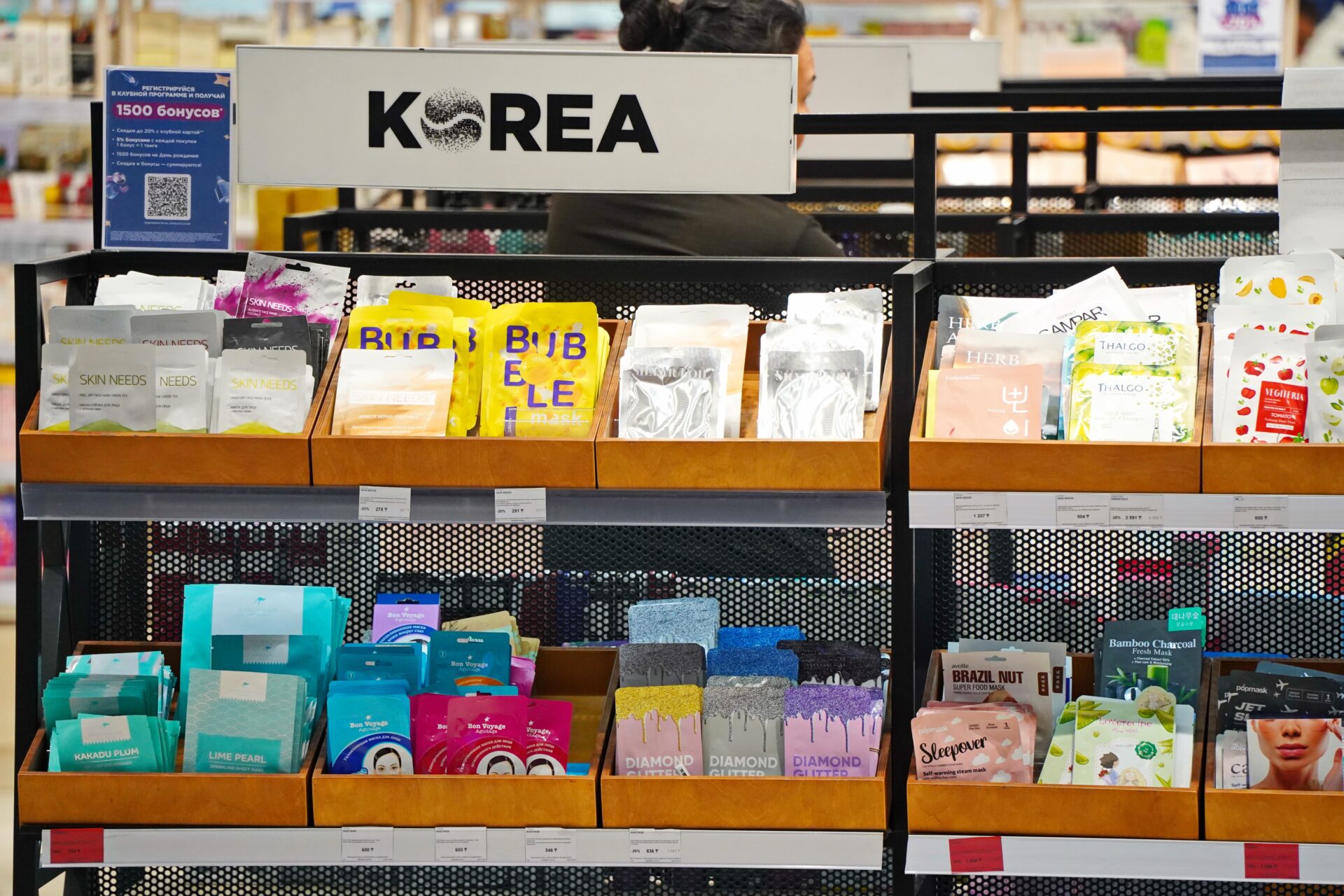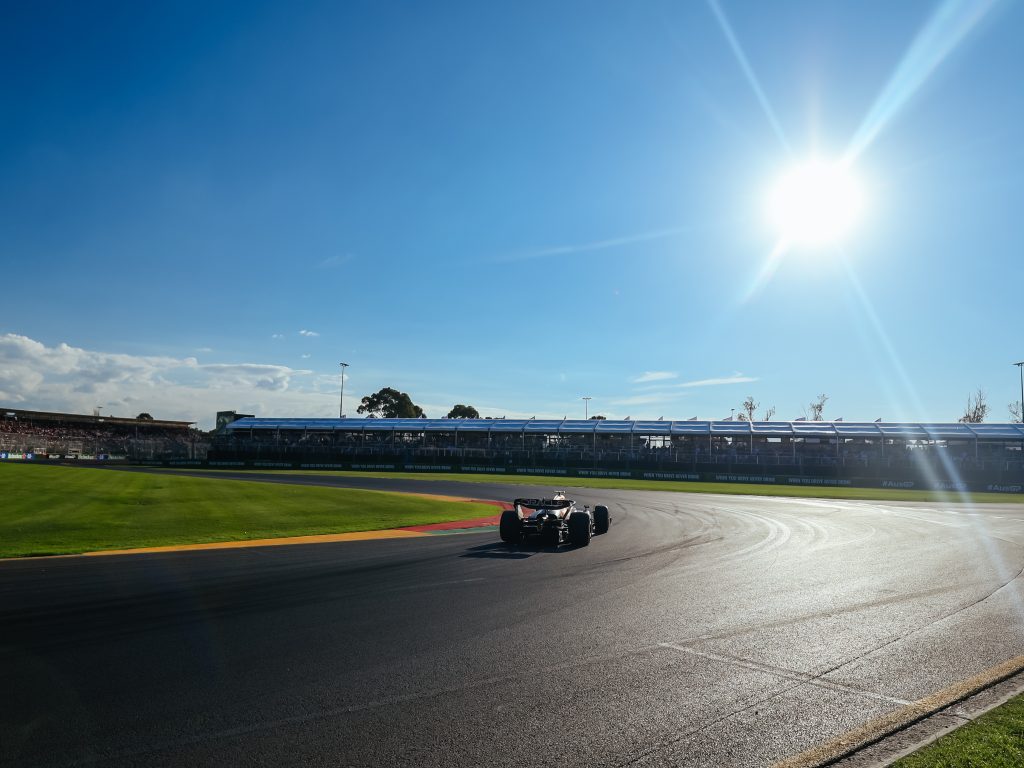
The Korean Wave, also known as Hallyu, has taken the MENA region by storm, with the most popular Korean cultural exports being K-Dramas, K-Pop, and K-Beauty. According to the “2025 Overseas Hallyu Survey”, over two-thirds of Hallyu experiencers across Saudi Arabia, UAE and Egypt, have experienced K-Dramas (87%), K-Pop (73%), and K-Beauty (65%). Notably, K-Pop saw a 67% YoY surge in users compared to the previous year, while K-Beauty spending jumped 62%, with Saudi Arabia and UAE ranking top 3 countries in terms of average monthly expenditure. This reflects both strong cultural resonance and high purchasing power, positioning MENA as a key growth market for Hallyu’s global expansion.
The regional success of K-dramas is fueled by strategic digital expansion, cultural alignment, and youth-dominated demographics. Korean studios established partnerships with global and regional streaming giants – including Netflix, Shahid, and OSN+ – ensuring widespread availability through Arabic subtitles and dubbing. This digital expansion has been amplified by the natural resonance of Korean narratives, which often align more closely with regional and cultural values than Western alternatives, making them particularly appealing to Middle Eastern audiences.
Furthermore, K-Pop’s regional dominance has been supercharged by global crossover moments, from Jung Kook’s FIFA World Cup 2022 anthem in Qatar to the globally renowned K-Pop music festival KCON held in Saudi Arabia in 2023, as well as high-profile collaborations between K-Pop artists and international superstars such as Bruno Mars. Meanwhile, K-Beauty’s market penetration leverages a trifecta of competitive advantages: superior product quality at accessible price points, strategic placement through premium retailers like Sephora, and the rapid expansion of Asian beauty chains including Watsons and Miniso across the region.
Additionally, the Korean government is playing an active and strategic role in expanding Hallyu to the Middle East. In 2023, the Ministry of Culture, Sports and Tourism (MCST) established the “3E Strategy” (Expansion, Extension, Effect) to expand Hallyu to foreign markets, including the Middle East. Furthermore, given the rising interest in K-content in the Middle East, MCST opened Korea 360 in April 2025, a center promoting Hallyu content and products, in Dubai, UAE, only the second global hub of its kind dedicated to promoting Hallyu content and products worldwide. Looking ahead, the Korean Wave is poised for continued growth, and Middle East can solidify its position as a key market for Hallyu’s global expansion.





